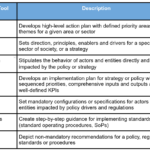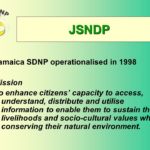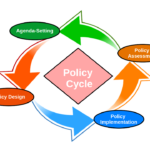The World Bank has launched a new strategy for Africa’s development. The strategy is here.
The strategy has two key areas and one core pillar. The key areas are: competitiveness and employment; and vulnerability and resilience. The core pillar is governance and public sector capacity. This pillar focuses on fostering service delivery, providing access to information for citizens so they can monitor government expenditures et.al. and building government capacity and management skills. It is thus a mix of public administration, participation and capacity building.
I provided the following comments to DGG Dir, upon request.
1. It is really amazing how the WB can rapidly recreate and reposition itself almost on a yearly basis and without having to under go massive internal changes (unlike us at UNDP). How do they do this? Easy: you take the latest emerging issues and then put your internal sectors and division to work on this WITHOUT telling them to change their whole business model.
2. This is clearly evidenced below where the two “new” areas (competitiveness and resilience) are being assigned to ONGOING work to different part of the house. A neat division of labor which will not disrupt any of the ongoing operations. Why can’t we just adjust our practices and clusters to the emerging issues instead of trying to reinvent the wheel every time we are faced with emerging challenges?
3. The proposed strategy is similar to UNDP’s with TWO big differences: 3.1 We talk about empowering people or lives (I forget which was the final wording endorsed, if any); and 2) the WB puts governance as it core pillar, as the foundation for this work (governance understood a la WB fashion, needless to say).
4. UNDP,the leading agency on governance, does not get it so clear, which is a bit astounding. If we do not step her quickly the WB will continue to take away and take over some of our governance work.
5. This is even more striking if we link empowering people or lives to both human development and inclusive participation (add HRs) which in turn should go hand in hand with inclusive growth. This is probably our niche here and one that banks of any sort cannot take a leading role given their nature of their business (to make money on loans made to poor countries).
Cheers, Raúl





